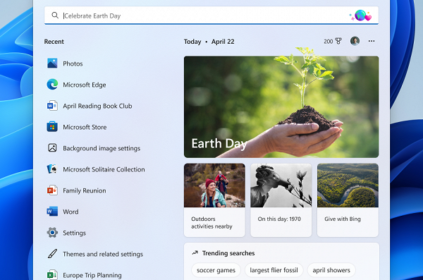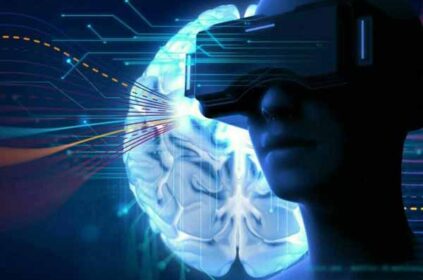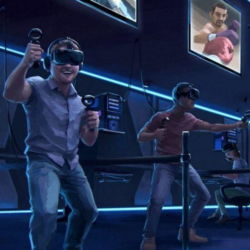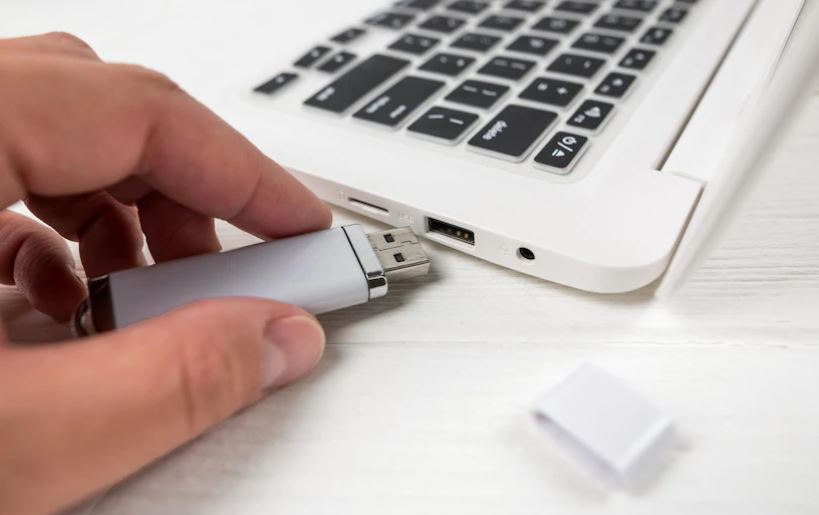At its simplest, blockchain is a type of distributed ledger technology (DLT) that allows digital information to be recorded and stored securely and transparently. A blockchain is a database that is distributed across a network of computers, rather than being owned and managed by a single entity. Each computer on the network has a copy of the database, and all of the copies are kept in sync through a process called consensus.
The most famous use case of blockchain technology is Bitcoin, which is a decentralized digital currency that operates on a blockchain. Bitcoin transactions are recorded on the blockchain, which allows for secure and transparent transfers of value without the need for a central authority like a bank.
How does Blockchain work?

The basic idea behind blockchain technology is that each block in the chain contains a set of transactions, and once a block is added to the chain, it cannot be altered or deleted. Each block also contains a unique cryptographic hash, which is a mathematical function that generates a fixed-length output based on the data in the block.
When a new block is added to the chain, it contains the hash of the previous block, which creates a chain of blocks that are linked together in a specific order. This makes it very difficult for someone to tamper with the blockchain since any changes to one block would change the hash of that block and all subsequent blocks in the chain.
Consensus is the process by which all the computers on the network agree on the contents of the blockchain. In the case of Bitcoin, this is done through a process called proof of work, which involves solving complex mathematical problems to validate transactions and add new blocks to the blockchain. Other consensus mechanisms, such as proof of stake or delegated proof of stake, are used by different blockchain networks.
Potential uses of Blockchain

While Bitcoin is the most well-known application of blockchain technology, it is just one of many potential use cases. Here are a few other examples:
- Supply chain management: Blockchain can be used to track the movement of goods and materials through the supply chain, from raw materials to finished products. This can help to reduce fraud, increase transparency, and improve efficiency.
- Identity verification: Blockchain can be used to create secure, tamper-proof digital identities that can be used for everything from voting to accessing financial services.
- Smart contracts: A smart contract is a self-executing contract with the terms of the agreement between buyer and seller being directly written into lines of code. The code and the agreements contained therein exist on a blockchain network, making them secure and tamper-proof.
- Healthcare: Blockchain can be used to securely store and share patient medical records, allowing doctors and healthcare providers to access critical information quickly and easily.
- Banking and finance: Blockchain has the potential to revolutionize the banking and finance industry, by reducing costs, increasing transparency, and improving security.
Conclusion, Blockchain technology has the potential to transform a wide range of industries and applications, from finance to healthcare to supply chain management. By providing a secure, transparent, and tamper-proof way to store and share information, blockchain can help to reduce fraud, increase efficiency, and improve trust in a variety of settings. While there are still challenges to be overcome in terms of scalability, interoperability, and regulatory frameworks, the future looks bright for this exciting and innovative technology.
Business computer Internet Mobile Technology
Last modified: March 15, 2023























